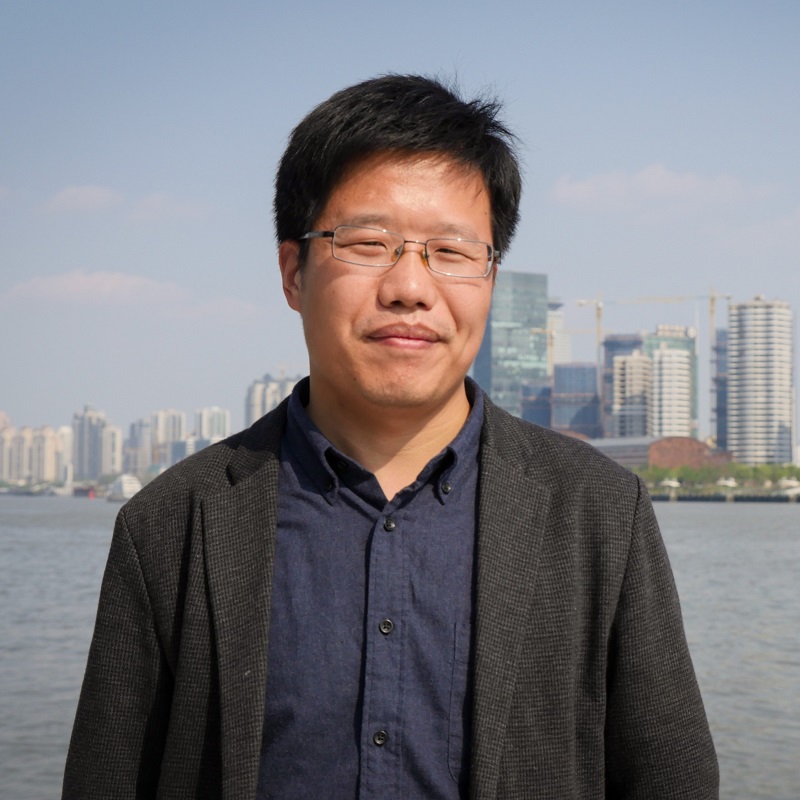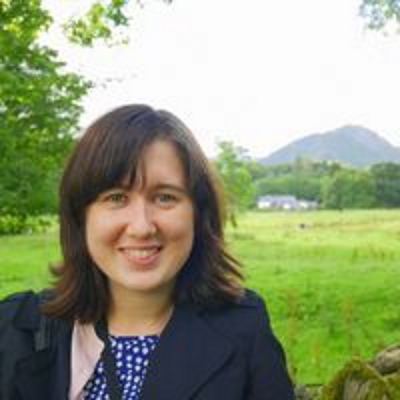We caught up with Liwu recently in order to get to know him better and to find out more about his research on the interaction of light and matter in the environment.

Professor Liwu Zhang, from the Department of Environmental Science and Engineering at Fudan University in China joined the Editorial Board of Proceedings A earlier this year. We are delighted to welcome him to the journal and pleased to find out more about him and his work.
Can you tell us a little bit about your research and how you see it progressing in the future.
My research focuses on the interaction of light and matter in the environment. Spectroscopy techniques (such as surface enhanced Raman spectroscopy) are developed to detect the micro-sized particle pollutants in the environment, such as particles in the air (toxic particles, bacteria, viruses, allergens, etc) and particles in the water (micro plastics, etc). These particles are harmful to the environment and human health. As part of our work, we study the photochemical processes of these particles in the environment, including their formation, changes and chemical reactions with other environmental substances. We also use light energy to realize the degradation and resource utilization of environmental pollutants, including photocatalysis, artificial photosynthesis and so on. As for the future, I would like to answer the following research questions:
1) Can we develop effective spectrum technology for the detection of environmental particulate pollutants?
2) How important is photochemistry in the formation of atmospheric particle pollution?
3) Can we use solar energy to solve environmental problems?
Did the COVID-19 pandemic and lockdown affect your ability to carry out your work?
The lab lockdown lasted for about 2 to 3 months. During that time the students worked on data analyzing, paper writing, and literature reading. We also had online group meetings every week, and students shared their progress and the good literature they read. Generally, the effect was minimal.
Who or what inspired you to agree to join the Proceedings A Editorial Board?
I would like to thank Professor Ventsislav Valev for introducing me to the Proceedings A Editorial Board. For me it is a great honour to become a member of the Editorial Board of this prominent journal and I will try my best to contribute to the development of Proceedings A.
What tips would you give to someone who wanted to follow a career in your area of research?
Environmental science is a highly interdisciplinary field, so pay attention to the new developments across various disciplines, and try to use them to solve environmental problems. Personally, I am very interested in employing some of the new developments of physical science in my research and this is why I have collaborated a lot with physicists.
Is there one book or research article that you would recommend?
A research article I would recommend is one we recently published in Analyst entitled Klarite as a label-free SERS-based assay: a promising approach for atmospheric bioaerosol detection. We are currently continuing this work in order to detect viruses in the air using surface enhanced Raman spectroscopy. This is an example of using a development within physical science to contribute to the fight against the COVID-19 pandemic.
Have you got a favourite paper from Proceedings A?
Yes, a Proceedings A paper I would like to highlight is H2 production by the photocatalytic reforming of cellulose and raw biomass using Ni, Pd, Pt and Au on titania.
And finally, what do you like doing when you are not doing science?
When I am not doing science, my favourite pastime is to spend time with my family and children.
Proceedings A welcomes submissions from across the chemical, computational, Earth, engineering, mathematical, and physical sciences. Published articles are high quality, original, fundamental articles of interest to a wide range of scientists, and often have long citation half-lives. As well as established disciplines, we encourage emerging and interdisciplinary areas.




